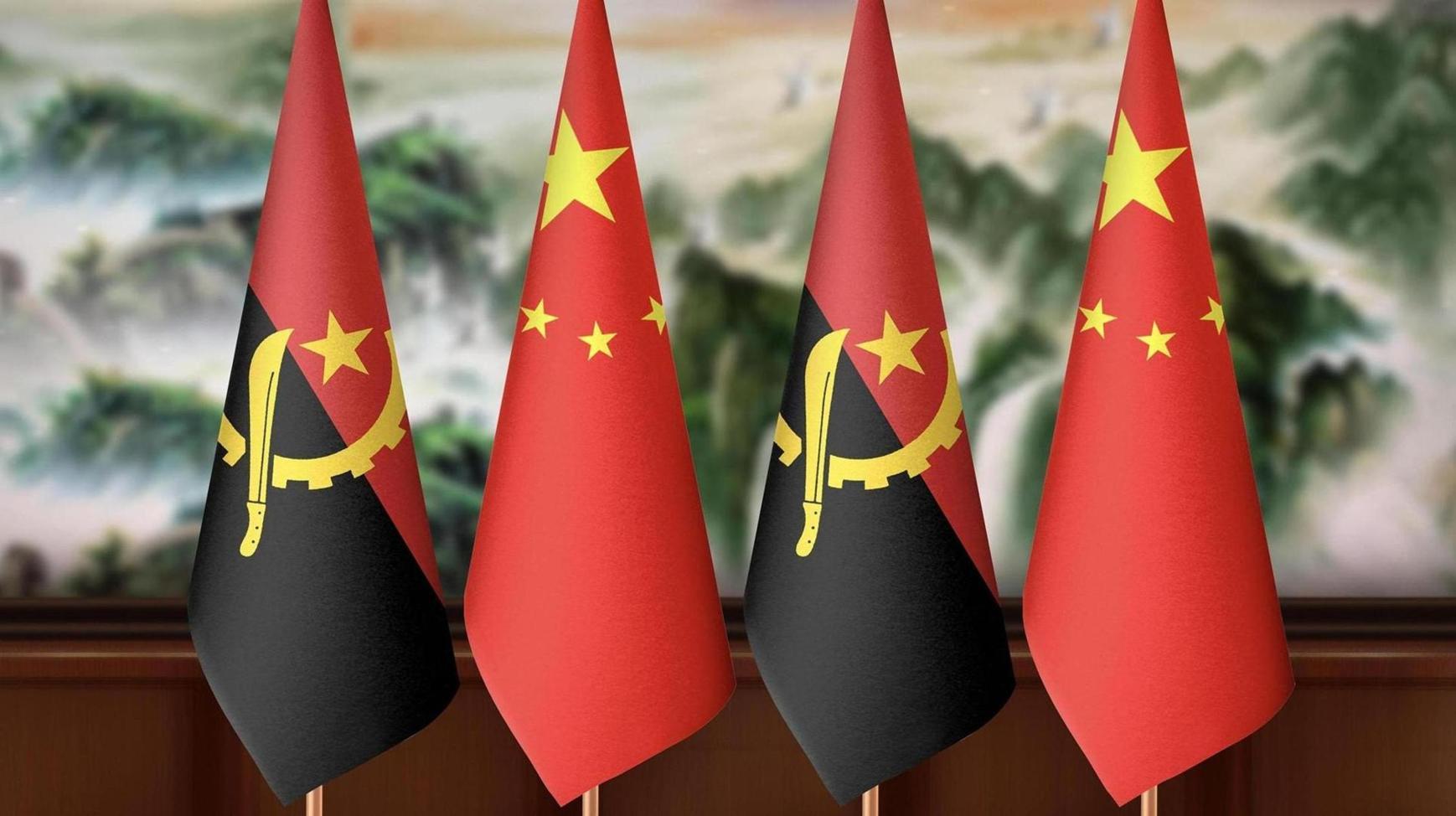By Juvenal Quicassa, International Relations Specialist
Africa-Press – Angola. The relationship between Angola and the People’s Republic of China is undoubtedly one of the most strategic on the African continent in the 21st century. It is a partnership that is not only based on immediate economic interests, but also projects itself as a model of pragmatic cooperation, founded on principles of mutual respect, sovereignty, and reciprocal benefits.
On the international stage, China occupies a prominent role in the United Nations Security Council, standing out as one of the powers that invests most heavily in the security sector in Africa. Its presence does not translate into military interventions or unilateral impositions, but rather into peacekeeping missions, logistical support, and technical capacity building. This stance reveals a fundamental difference from other powers, as it prioritizes political dialogue, peacemaking, and mutual consultation in resolving African crises, rather than interventionist practices that so often weaken states.
In the economic field, China has established itself as the largest investor in social and strategic infrastructure on the continent, especially in Angola. There are now more than 400 Chinese companies operating in Angola, with accumulated investments of approximately US$24 billion. Between 2002 and 2024, Angola benefited from projects of significant social and economic impact financed by Chinese capital, such as the rehabilitation of the Benguela railway line, the construction of the new Luanda waterfront highway, the new Luanda international airport, national roads, hospitals, universities, and power plants. These infrastructures, in addition to contributing to mobility, public health, and energy production, constitute indispensable foundations for sustainable development.
Studies indicate that a large portion of the workforce in Chinese infrastructure companies is Angolan. For example, in Chinese projects in Angola, approximately 74% of the workforce is local. This brings dual benefits: on the one hand, it reduces local unemployment and, on the other, it increases national technical capabilities, reinforcing China’s social and strategic commitment to Angola, beyond the “visible” one, increasingly becoming an ideal partner for the continuity and deepening of bilateral relations between the two governments.
Another important fact, almost never considered, was the inauguration of an Integrated Technological Training Center (CINFOTEC), a center donated by the Chinese government. It includes 30 laboratories and six workshops (robotics, machinery, IT, measurements, and automotive repairs) in January 2024 in Huambo province. This initiative is significant because it strengthens Angola’s human capital, as this center will train approximately 1,200 to 1,800 Angolans annually.
Another crucial aspect of this partnership is China’s zero-tariff policy on exports of African products, including Angolan ones. This gesture reinforces the opening of the Chinese market to African economies and represents a unique opportunity to diversify Angola’s exports beyond oil, stimulating sectors such as agriculture, fisheries, and manufacturing. However, within the framework of this significant initiative, it is essential to express our concern regarding the limited benefits that Angola, in particular, has reaped from this Chinese initiative, given that, to date, only four Angolan companies have exported to the Chinese market at zero tariffs.
Therefore, this is the reason why our Ministry of Industry and Commerce pays attention to the technical and sanitary standards and certification of the origin of our products as required by Chinese customs to better benefit from this initiative.
Overall, from a macroeconomic perspective, Chinese investments have represented a significant contribution to Angola’s Gross Domestic Product (GDP), generating jobs, stimulating the circulation of capital, and, above all, providing a solid foundation for industrialization. The example of China itself, which, in just a few decades, went from being an underdeveloped country to becoming the world’s second-largest economy and having eradicated extreme poverty, should inspire Angola to accelerate its modernization process.
However, it is essential that this rapprochement continues to be conducted under the aegis of Realpolitik, where pragmatism and the pursuit of strategic national interests prevail. Angola must continue to invest in exchanging experiences with China, absorbing technologies and management models that can be adapted to our reality, while always preserving our sovereignty. After all, an ideal partner is not one who dictates paths, but one who walks alongside us, respecting our autonomy.
Given this situation, China emerges as an essential partner for Angola. More than numbers, projects, or investments, what’s at stake is the possibility of transforming this relationship into a driver of shared prosperity, capable of projecting Angola onto the global stage as a modern, stable, and developed country.
For More News And Analysis About Angola Follow Africa-Press






